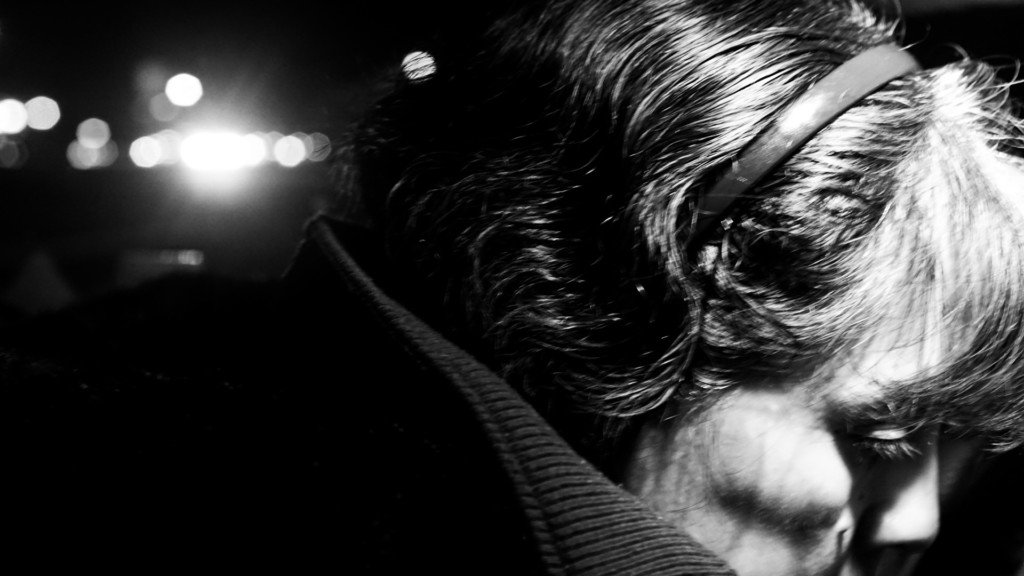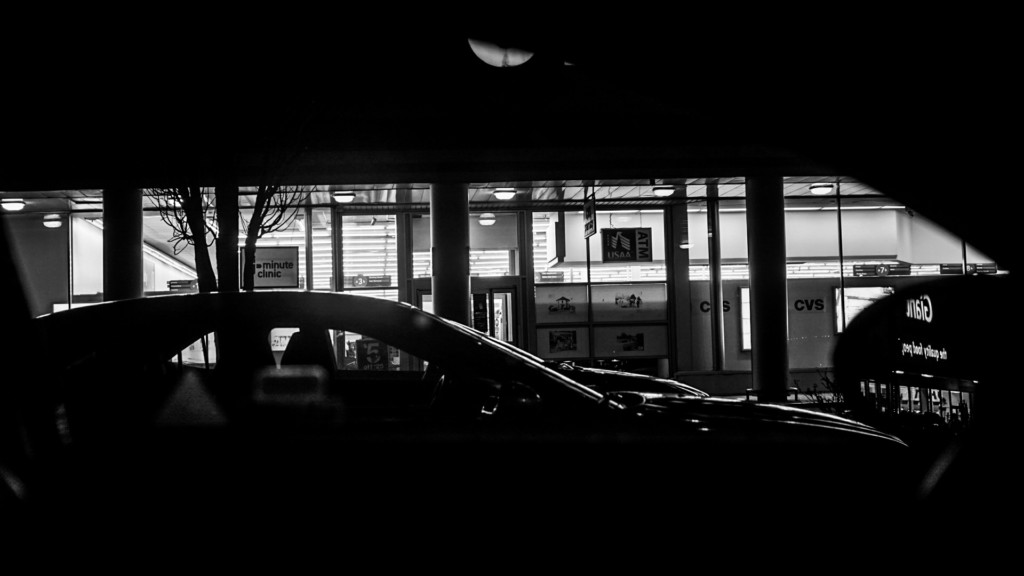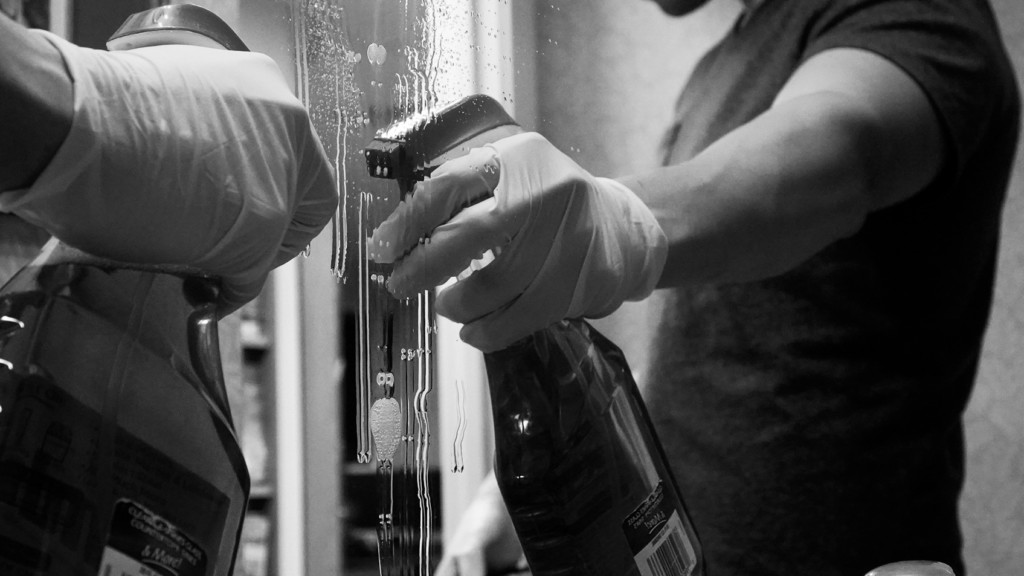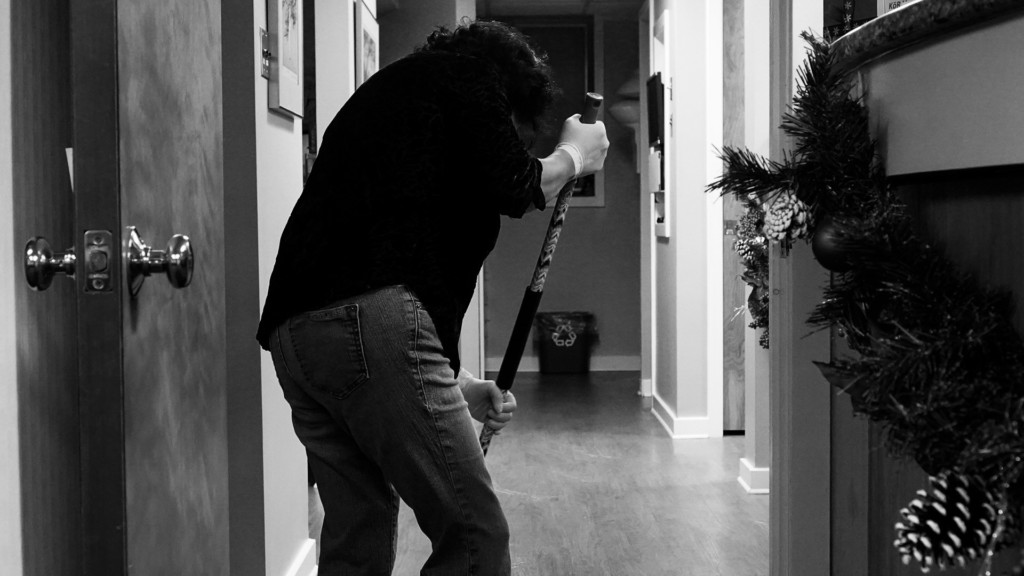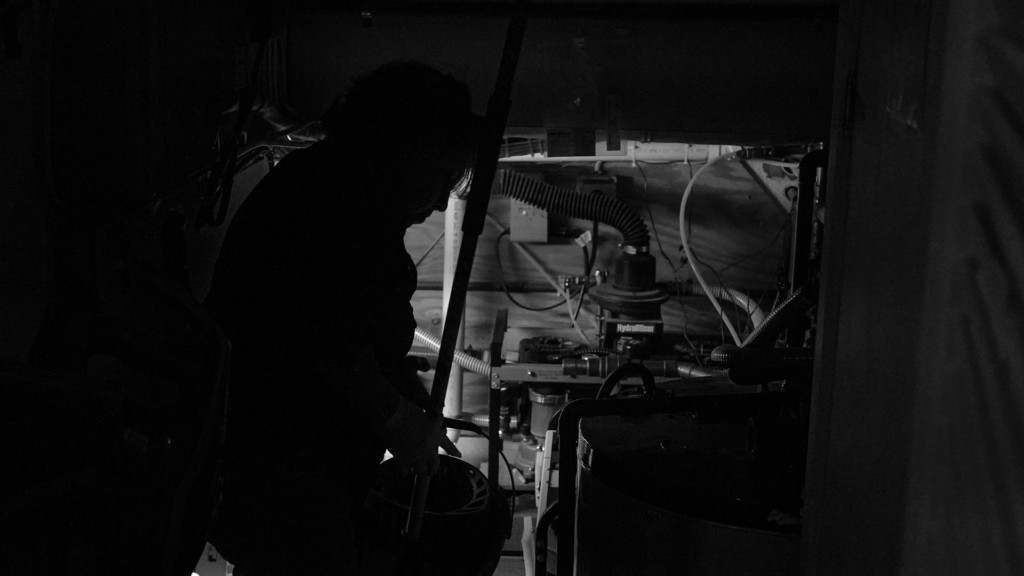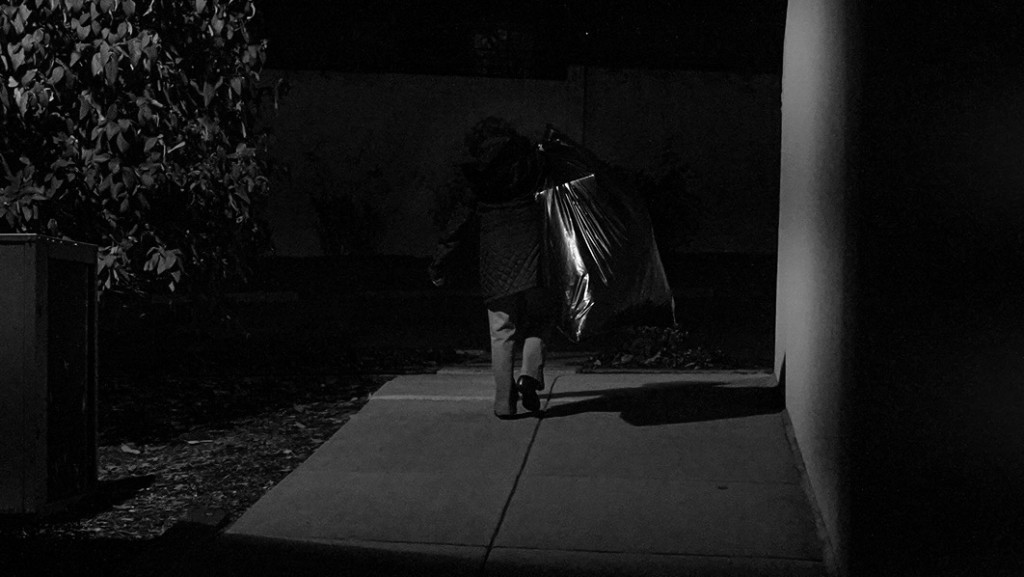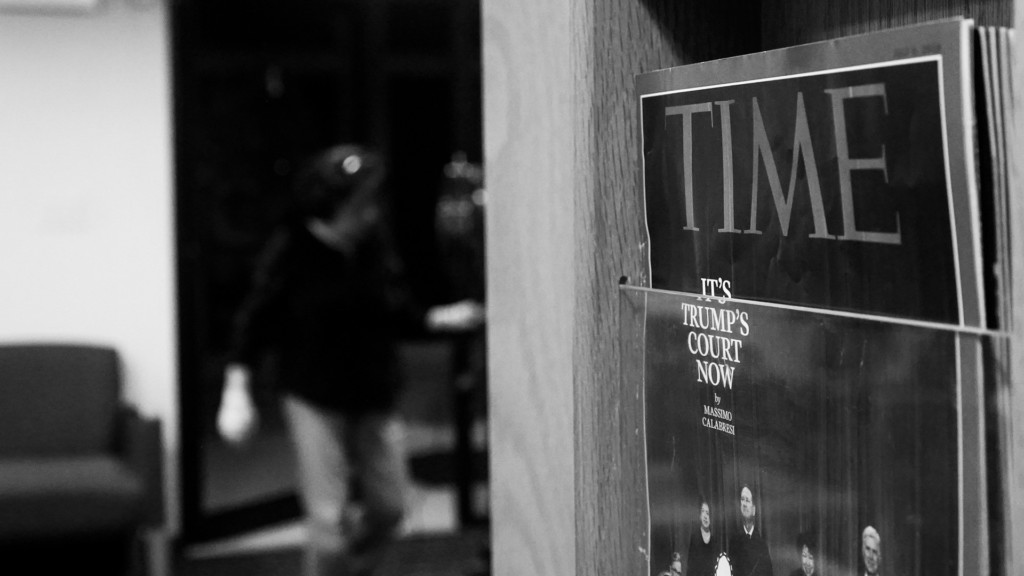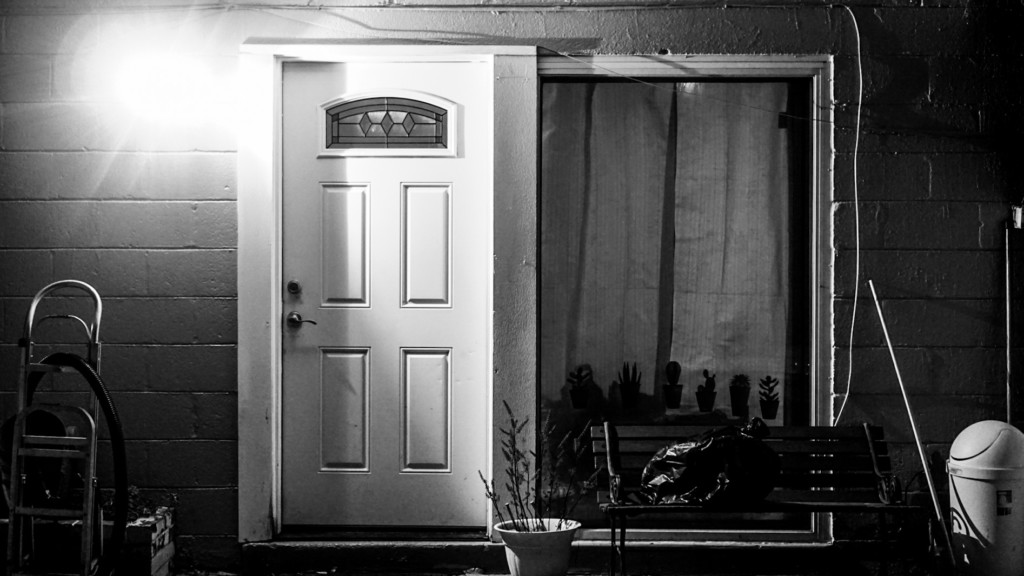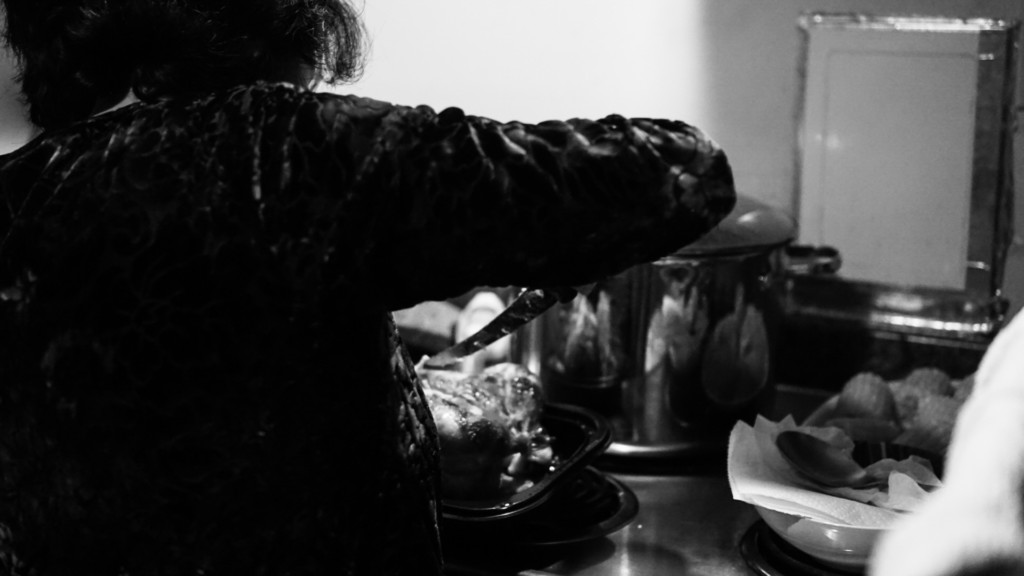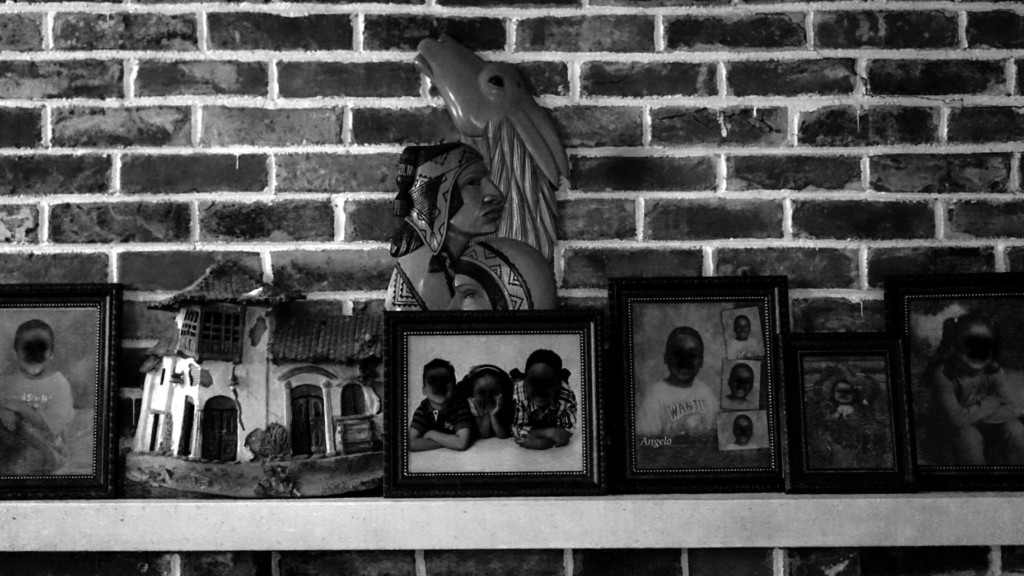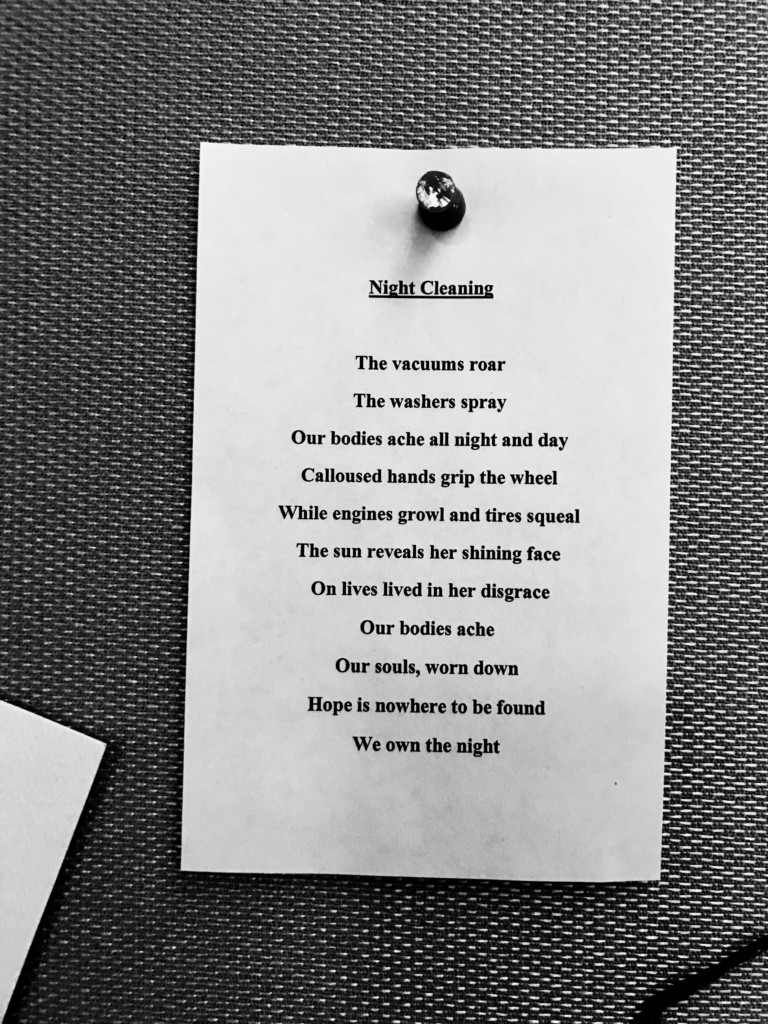The struggles that students go through are often unseen.
Carlos began work as a night cleaner in the 9th grade. Born in the United States, his family arrived in the DC-area from Latin America in the late 80’s. While his grandparents worked multiple jobs, his mother learned English, attended school, and raised her two younger brothers at 16 years-old. After high school she began to work in social services, eventually earning a bachelor’s degree in Early Childhood Development through years of night classes. Throughout it all, she cleaned on the side to stay afloat.
Carlos entered the family business at 14 to help support his mother. Formerly a straight-A student, he found himself struggling to balance homework and studying with nights spent cleaning office buildings and restaurants. Averaging 3 to 4 hours of sleep a night, the years of sleep deprivation took a toll. He lost weight, slept through classes and tests, and watched as his grades declined alongside his memory. His extra-curriculars took a hit, as he had no time for activities outside of work and school.
Even today, a few years out of high school, Carlos has few concrete memories of his high school years. Those memories that remain consist mostly of latex gloves and cleaning solvents.
While Carlos managed to graduate high school and move-on to college, some students aren’t so lucky.
Many of the students with whom CIS works face a similar choice between academics and financial stability. Site coordinators work with students like Carlos every day to develop strategies for balancing obligations and accessing resources that will help them succeed. CIS surrounds these students with a community of support, empowering them to stay in school and achieve in life.
